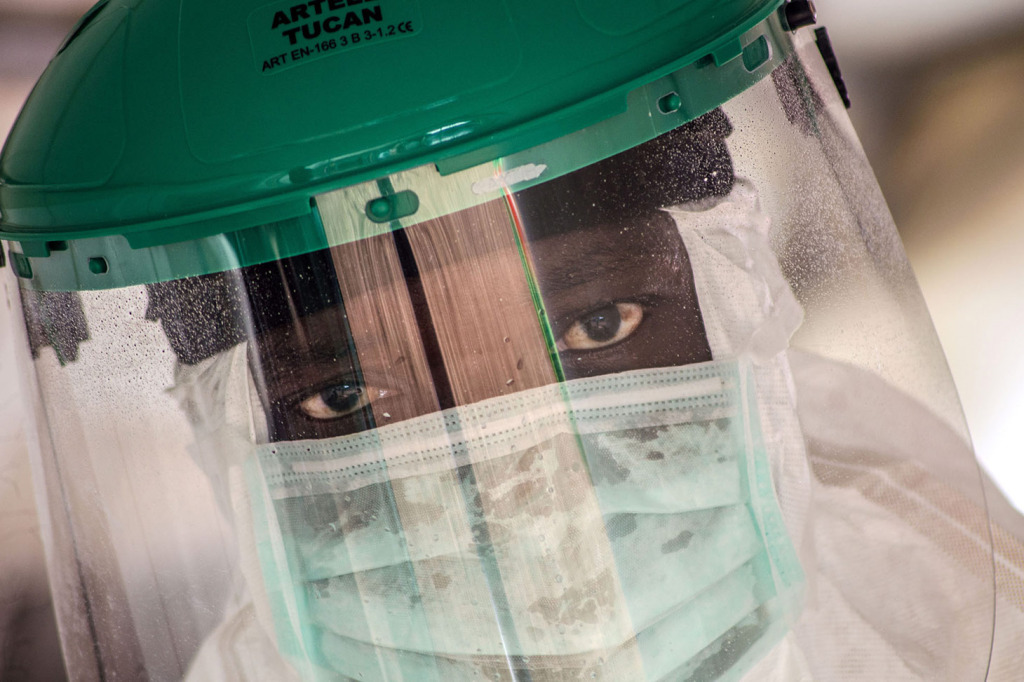The last batch of Nigerians who volunteered to help fight Ebola in Sierra Leone and Liberia has returned to the country.
Seven volunteers returned yesterday from Sierra Leone and five volunteers will return from Liberia today.
Speaking while receiving them at the Nnamdi Azikiwe International Airport, Abuja, Permanent Secretary, Federal Ministry of Health, Mr Linus Awute said Nigeria had contributed workforce to the African Union support against Ebola disease in West Africa and 204 volunteers left the country for the mission.
Represented by the Director Ports Health Services, Dr N. Sani-Gwarzo, he said 188 had returned in May this year, and with the return of the last batch from Sierra Leone and Liberia, the programme has been brought to a close.
He said none of the Nigerian volunteers was infected with Ebola and all of them so far have come back safely, adding that in the next few weeks, the returnee volunteers will go through a protocol of heath screening, putting them on a data base and documenting them for posterity.
A grand reception will be held for all the volunteers within a few weeks and they will be presented to the president for national honours, he said.
While describing the volunteers as national heroes who have put themselves in harm’s way to save Nigeria, Africa and humanity, Awute appealed to Nigerians to give them all the support and respect they deserve.
Earlier, one of the returnee volunteers, Mr Womi-Eteng Oboma Eteng who said he coordinated the data for the mission in Sierra Leone said at the time he and others arrived in Sierra Leone ten months ago , there was an average of 300 cases of people dying weekly from Ebola in the country, and since the beginning of July not up to ten cases have been recorded in the three countries of Sierra Leone, Liberia and Guinea.
He said fear was the least on his mind when he travelled out of the country as he was more concerned with saving the lives of the people in need in the affected countries.
He added that the only challenge they faced was that the volunteers expected an existing structure on ground to commence work in the countries they went, but there was none, and they had to start building and managing the structure for the mission from the start.

